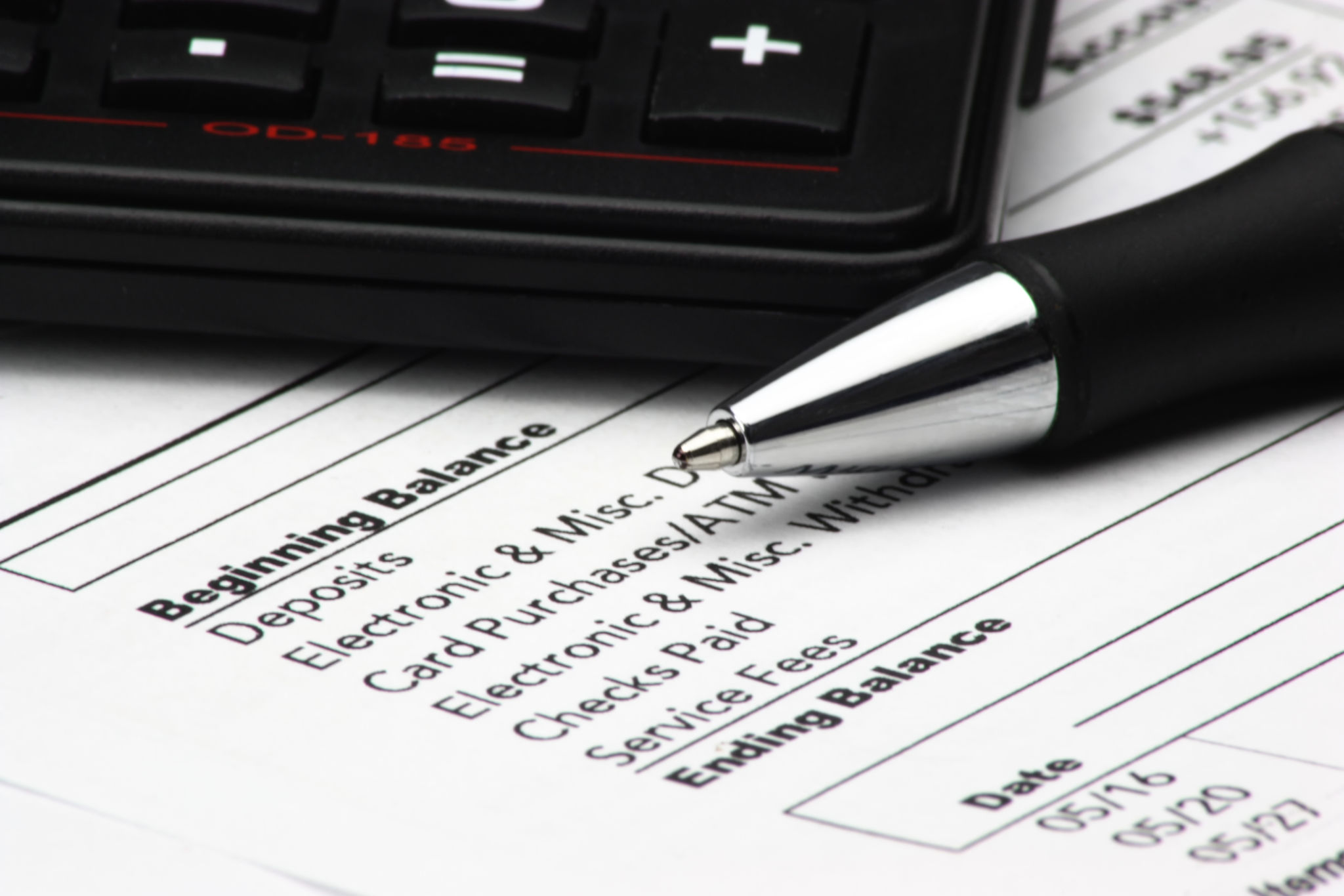5 Common Accounting Mistakes and How to Avoid Them
Understanding the Importance of Accurate Accounting
Accurate accounting is crucial for any business, big or small. It not only helps in keeping track of expenses and revenues but also aids in making informed financial decisions. However, even the most diligent businesses can fall into common accounting pitfalls. In this blog post, we will explore five of these common mistakes and provide tips on how to avoid them.
Mistake #1: Poor Record Keeping
One of the most prevalent issues is poor record keeping. Inadequate documentation can lead to discrepancies, making it difficult to track financial performance accurately. This mistake often stems from relying on manual processes or outdated software that doesn't support efficient data management.
To avoid this, consider investing in modern accounting software that automates record-keeping tasks and ensures data integrity. Regularly updating your records and organizing them systematically also plays a crucial role in maintaining accuracy.

Mistake #2: Mixing Personal and Business Finances
Another common mistake is mixing personal and business finances. This can complicate tax filings and make it challenging to assess the financial health of your business. When personal expenses are intertwined with business accounts, it becomes difficult to differentiate between the two, potentially leading to errors in financial reporting.
The solution is straightforward: keep separate accounts for personal and business finances. This separation simplifies bookkeeping and provides a clear picture of your business’s financial status, making tax preparation more manageable.
Mistake #3: Ignoring Bank Reconciliation
Bank reconciliation is an essential process that compares your financial records with bank statements to ensure consistency. Ignoring this step can result in undetected errors or fraudulent activities, negatively impacting your financial standing.
To avoid this, schedule regular bank reconciliations, ideally monthly. This practice helps identify discrepancies early and allows for timely corrective actions, safeguarding your business from potential financial misstatements.

Mistake #4: Misclassifying Expenses
Misclassifying expenses is another frequent error that can skew financial reports and lead to inaccurate tax filings. This often occurs when businesses rush through their bookkeeping without paying close attention to detail.
To prevent this, ensure that you categorize each transaction correctly according to your chart of accounts. Utilize accounting software that offers automated categorization features, reducing the likelihood of human error and enhancing accuracy.
Mistake #5: Failing to Plan for Taxes
Failing to plan for taxes can result in unexpected liabilities and cash flow issues. Many businesses underestimate their tax obligations or fail to set aside adequate funds, leading to financial strain.
Avoid this mistake by working closely with a tax advisor to understand your tax requirements and obligations. Set aside funds throughout the year to cover taxes, which will prevent last-minute scrambles to find cash when taxes are due.

Conclusion: Staying Proactive
Avoiding these common accounting mistakes requires diligence and a proactive approach. By implementing effective strategies such as investing in reliable software, maintaining clear financial boundaries, conducting regular reconciliations, accurately classifying expenses, and planning for taxes, you can streamline your accounting processes and enhance your business's financial health.
